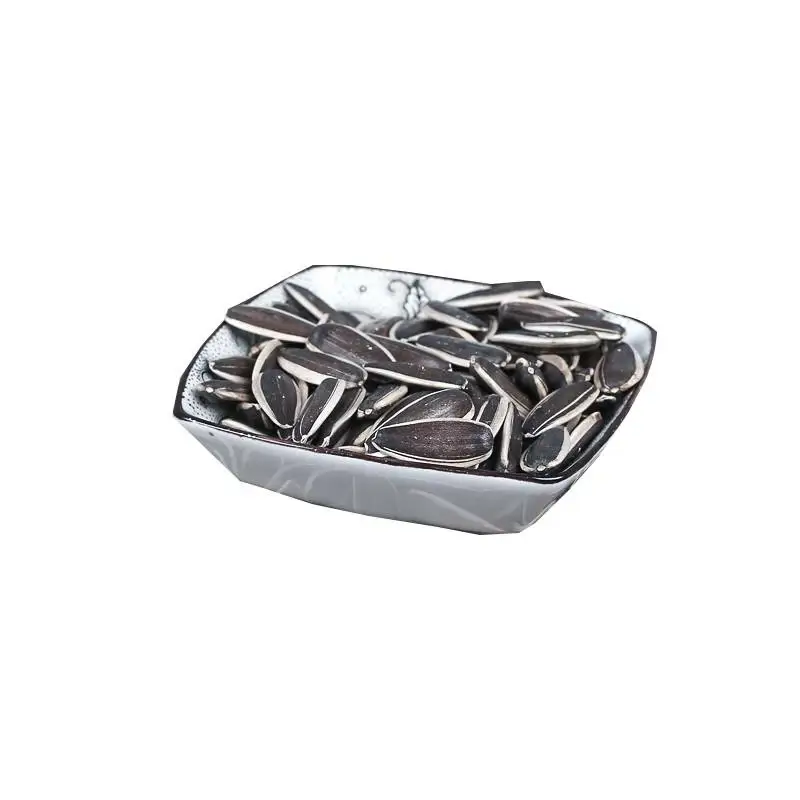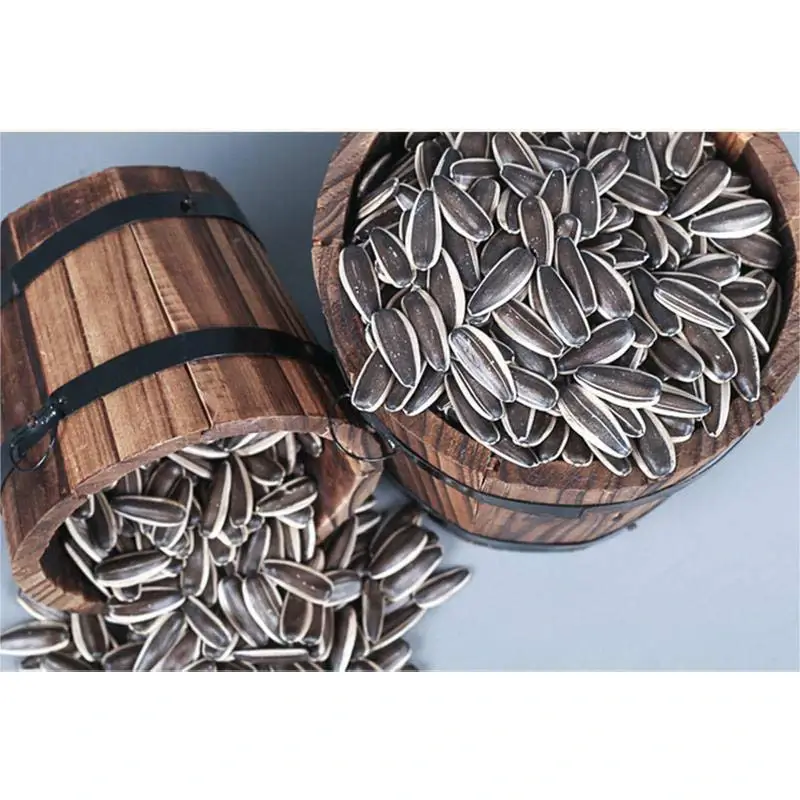-
 Afrikaans
Afrikaans -
 Albanian
Albanian -
 Amharic
Amharic -
 Arabic
Arabic -
 Armenian
Armenian -
 Azerbaijani
Azerbaijani -
 Basque
Basque -
 Belarusian
Belarusian -
 Bengali
Bengali -
 Bosnian
Bosnian -
 Bulgarian
Bulgarian -
 Catalan
Catalan -
 Cebuano
Cebuano -
 Corsican
Corsican -
 Croatian
Croatian -
 Czech
Czech -
 Danish
Danish -
 Dutch
Dutch -
 English
English -
 Esperanto
Esperanto -
 Estonian
Estonian -
 Finnish
Finnish -
 French
French -
 Frisian
Frisian -
 Galician
Galician -
 Georgian
Georgian -
 German
German -
 Greek
Greek -
 Gujarati
Gujarati -
 Haitian Creole
Haitian Creole -
 hausa
hausa -
 hawaiian
hawaiian -
 Hebrew
Hebrew -
 Hindi
Hindi -
 Miao
Miao -
 Hungarian
Hungarian -
 Icelandic
Icelandic -
 igbo
igbo -
 Indonesian
Indonesian -
 irish
irish -
 Italian
Italian -
 Japanese
Japanese -
 Javanese
Javanese -
 Kannada
Kannada -
 kazakh
kazakh -
 Khmer
Khmer -
 Rwandese
Rwandese -
 Korean
Korean -
 Kurdish
Kurdish -
 Kyrgyz
Kyrgyz -
 Lao
Lao -
 Latin
Latin -
 Latvian
Latvian -
 Lithuanian
Lithuanian -
 Luxembourgish
Luxembourgish -
 Macedonian
Macedonian -
 Malgashi
Malgashi -
 Malay
Malay -
 Malayalam
Malayalam -
 Maltese
Maltese -
 Maori
Maori -
 Marathi
Marathi -
 Mongolian
Mongolian -
 Myanmar
Myanmar -
 Nepali
Nepali -
 Norwegian
Norwegian -
 Norwegian
Norwegian -
 Occitan
Occitan -
 Pashto
Pashto -
 Persian
Persian -
 Polish
Polish -
 Portuguese
Portuguese -
 Punjabi
Punjabi -
 Romanian
Romanian -
 Russian
Russian -
 Samoan
Samoan -
 Scottish Gaelic
Scottish Gaelic -
 Serbian
Serbian -
 Sesotho
Sesotho -
 Shona
Shona -
 Sindhi
Sindhi -
 Sinhala
Sinhala -
 Slovak
Slovak -
 Slovenian
Slovenian -
 Somali
Somali -
 Spanish
Spanish -
 Sundanese
Sundanese -
 Swahili
Swahili -
 Swedish
Swedish -
 Tagalog
Tagalog -
 Tajik
Tajik -
 Tamil
Tamil -
 Tatar
Tatar -
 Telugu
Telugu -
 Thai
Thai -
 Turkish
Turkish -
 Turkmen
Turkmen -
 Ukrainian
Ukrainian -
 Urdu
Urdu -
 Uighur
Uighur -
 Uzbek
Uzbek -
 Vietnamese
Vietnamese -
 Welsh
Welsh -
 Bantu
Bantu -
 Yiddish
Yiddish -
 Yoruba
Yoruba -
 Zulu
Zulu
Mai . 31, 2025 01:07 Back to list
Premium Sunflower Seeds Bulk Organic Suppliers & Global Exporters
This comprehensive exploration covers seven critical dimensions of the sunflower seeds
industry:
- Global market dynamics and production statistics
- Quality and technological specifications breakdown
- Comparison of leading industrial processing methods
- Evaluation of top global manufacturers
- Customized processing solutions for specialized requirements
- Regional export patterns and market penetration analysis
- Sustainability and future market projections

(sunflower seeds)
The Global Dominance of Sunflower Seeds Production
Global sunflower seeds production reached 57.62 million metric tons in the 2022/23 season, with Russia (17.8M tons), Ukraine (12.5M tons), and Argentina (3.7M tons) constituting 59% of total output. The European market consumed approximately 9.2M tons during this period, while Asia-Pacific imports grew by 7.3% year-over-year. Industrial applications account for nearly 72% of sunflower seeds utilization worldwide, primarily for oil extraction (83%) and animal feed production (14%).
Technical Specifications and Processing Standards
Advanced processing technologies have revolutionized sunflower seeds extraction efficiency, with modern plants achieving 43-47% oil yield from premium hybrid seeds. The most valued industrial specifications include:
- Moisture Content: Maximum 9% (ISO 665:2020 standard)
- Purity Grade: Minimum 98.5% kernel consistency
- Oil Content: 42-50% depending on hybrid variety
- Shelling Efficiency: Modern equipment achieves 94-96% separation rate
Gamma irradiation treatment has extended shelf-life to 18 months without quality degradation, while optical sorting technology ensures 99.7% defect-free output.
Processing Method Comparison
| Processing Technology | Output Yield | Energy Consumption | Investment Cost | Scalability |
|---|---|---|---|---|
| Cold Press Extraction | 34-38% | Low | $350K - $1.2M | Small-medium |
| Solvent Extraction | 45-48% | High | $2.5M - $7M | Large-scale |
| Hybrid Mechanical-Enzymatic | 49-52% | Medium | $1.8M - $4M | Medium-large |
The hybrid mechanical-enzymatic approach delivers superior protein preservation (87% retention rate) crucial for specialized food manufacturing applications.
Manufacturer Capability Assessment
| Manufacturer | Annual Capacity | Specialization | Quality Certification | Export Ratio |
|---|---|---|---|---|
| SunOpta Group | 310K metric tons | Organic/Non-GMO | USDA Organic, EU Bio | 68% |
| Archer Daniels Midland | 770K metric tons | Industrial oil extraction | FSSC 22000, ISO 22000 | 82% |
| Cargill Inc. | 610K metric tons | Food-grade seeds | HALAL, Kosher, BRCGS | 76% |
| OptimusAgro | 190K metric tons | Specialty snack hybrids | GlobalG.A.P., IFS | 54% |
Leading sunflower seeds on a sunflower manufacturers utilize blockchain traceability systems covering 94% of production batches for enhanced supply chain visibility.
Customized Processing Solutions
Specialized processing meets diverse industrial requirements through:
- Size-Calibration: Precision grading (+/-0.2mm accuracy) for automated food production lines
- Flavor-Infusion: Pressure-vacuum technology enabling 8-12% infusion retention
- Protein Modification:
Enzymatic hydrolysis creating 82% solubility ingredients - Dehulled Variants: Mechanical abrasion systems achieving <0.5% fragment residue
Customization represents 27% of premium sunflower seeds on a sunflower product lines, generating 43% higher margins than standard offerings.
Export Market Development
The global sunflower seeds in sunflower export market reached $21.8 billion valuation in 2023, led by:
- Europe: 42% market share (+5.2% CAGR)
- North America: 28% market share (+3.8% CAGR)
- Asia-Pacific: Emerging 24% share (+8.7% CAGR)
Ukraine's VIOIL Holding increased sunflower seeds on a sunflower exporter revenue by 31% in 2022 through containerized vacuum packaging reducing spoilage during transit from 3.2% to 0.7%. Turkish exporter Tat Gida secured 19 new international contracts implementing blockchain phytosanitary documentation.
Future Trajectory for Sunflower Seeds Markets
Projections indicate 5.4% annual growth through 2028 with sustainability initiatives transforming operations. Leading sunflower seeds manufacturers have reduced water consumption by 37% (2018-2023) through closed-loop processing and deployed solar-powered drying installations cutting emissions by 28,000 tons annually. Precision agriculture adoption could increase yields by 15-22% through IoT monitoring and drought-resistant hybrids. The organic sunflower seeds segment forecasts 11.2% CAGR through 2030 as industrial buyers seek cleaner-label ingredients. Forward-looking sunflower seeds on a sunflower exporters now allocate 6.8% of revenue to sustainable technology integration.

(sunflower seeds)
FAQS on sunflower seeds
Q: Where can I buy high-quality sunflower seeds on a sunflower product?
A: High-quality sunflower seeds are available through specialized agricultural suppliers, online marketplaces like Amazon, or directly from sunflower seed manufacturers. Look for certifications like ISO or organic labels for quality assurance.
Q: What are the top sunflower seeds on a sunflower manufacturers globally?
A: Leading manufacturers include Conagra Brands (U.S.), Giant Snacks Inc. (Mexico), and SVZ Industrial Fruit & Vegetable Ingredients (Europe). These companies specialize in bulk production, roasting, and packaging sunflower seeds.
Q: Which countries are major exporters of sunflower seeds in sunflower exporter markets?
A: Ukraine, Russia, Argentina, China, and the U.S. dominate sunflower seed exports. These regions offer competitive pricing and adhere to international agricultural and safety standards for global trade.
Q: What certifications should I verify when sourcing from sunflower seeds on a sunflower manufacturers?
A: Ensure certifications like ISO 22000, HACCP, or USDA Organic. These validate compliance with food safety, hygiene, and sustainable farming practices during production and packaging.
Q: How do I evaluate the quality of sunflower seeds in sunflower exporter offerings?
A: Check moisture content (ideally below 9%), seed size uniformity, and absence of contaminants. Reputable exporters provide lab-tested reports and samples for quality verification before purchase.
Latest news-
Premium Sunflower Seeds for Healthy Snacking & Cooking
NewsJul.25,2025
-
Premium Quality Pistachios - Fresh, Healthy & Delicious Nuts
NewsJul.24,2025
-
Premium Crab Sticks – Delicious, Easy-to-Use Seafood Snack
NewsJul.23,2025
-
Buy Bulk Sunflower Seeds Exporter – Premium Quality & Competitive Price
NewsJul.22,2025
-
Premium Melon Seeds | Nutritious Snack & Baking Ingredient
NewsJul.22,2025
-
Bulk Sunflower Seeds Suppliers | Wholesale & Export
NewsJul.21,2025
 English
English
 Afrikaans
Afrikaans
 Albanian
Albanian
 Amharic
Amharic
 Arabic
Arabic
 Armenian
Armenian
 Azerbaijani
Azerbaijani
 Basque
Basque
 Belarusian
Belarusian
 Bengali
Bengali
 Bosnian
Bosnian
 Bulgarian
Bulgarian
 Catalan
Catalan
 Cebuano
Cebuano
 Corsican
Corsican
 Croatian
Croatian
 Czech
Czech
 Danish
Danish
 Dutch
Dutch
 Esperanto
Esperanto
 Estonian
Estonian
 Finnish
Finnish
 French
French
 Frisian
Frisian
 Galician
Galician
 Georgian
Georgian
 German
German
 Greek
Greek
 Gujarati
Gujarati
 Haitian Creole
Haitian Creole
 Hausa
Hausa
 Hawaiian
Hawaiian
 Hebrew
Hebrew
 Hindi
Hindi
 Miao
Miao
 Hungarian
Hungarian
 Icelandic
Icelandic
 Igbo
Igbo
 Indonesian
Indonesian
 Irish
Irish
 Italian
Italian
 Japanese
Japanese
 Javanese
Javanese
 Kannada
Kannada
 Kazakh
Kazakh
 Khmer
Khmer
 Rwandese
Rwandese
 Korean
Korean
 Kurdish
Kurdish
 Kyrgyz
Kyrgyz
 Lao
Lao
 Latin
Latin
 Latvian
Latvian
 Lithuanian
Lithuanian
 Luxembourgish
Luxembourgish
 Macedonian
Macedonian
 Malgashi
Malgashi
 Malay
Malay
 Malayalam
Malayalam
 Maltese
Maltese
 Maori
Maori
 Marathi
Marathi
 Mongolian
Mongolian
 Myanmar
Myanmar
 Nepali
Nepali
 Norwegian
Norwegian
 Norwegian
Norwegian
 Occitan
Occitan
 Pashto
Pashto
 Persian
Persian
 Polish
Polish
 Portuguese
Portuguese
 Punjabi
Punjabi
 Romanian
Romanian
 Russian
Russian
 Samoan
Samoan
 Scottish Gaelic
Scottish Gaelic
 Serbian
Serbian
 Sesotho
Sesotho
 Shona
Shona
 Sindhi
Sindhi
 Sinhala
Sinhala
 Slovak
Slovak
 Slovenian
Slovenian
 Somali
Somali
 Spanish
Spanish
 Sundanese
Sundanese
 Swahili
Swahili
 Swedish
Swedish
 Tagalog
Tagalog
 Tajik
Tajik
 Tamil
Tamil
 Tatar
Tatar
 Telugu
Telugu
 Thai
Thai
 Turkish
Turkish
 Turkmen
Turkmen
 Ukrainian
Ukrainian
 Urdu
Urdu
 Uighur
Uighur
 Uzbek
Uzbek
 Vietnamese
Vietnamese
 Bantu
Bantu
 Yiddish
Yiddish
 Yoruba
Yoruba
 Zulu
Zulu
 Welsh
Welsh
